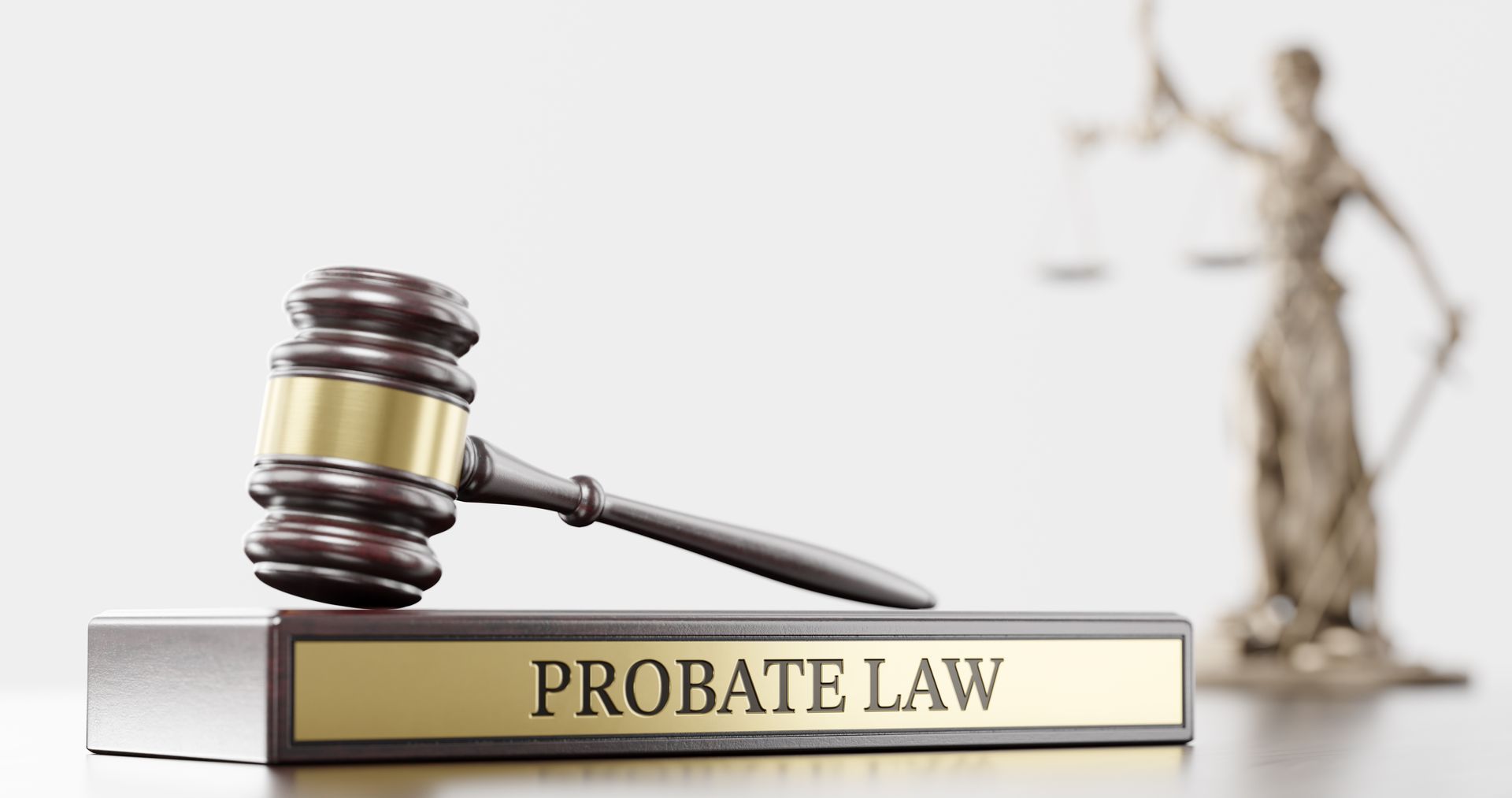How a Quiet Title Action Can Resolve Property Disputes
How a Quiet Title Action Can Resolve Property Disputes
Property disputes can be complex and often create lasting legal challenges. One of the most effective methods for resolving these disputes is through a legal process known as a "Quiet Title Action." This legal procedure can help clear up any confusion about property ownership and ensure that the rightful owner has their legal title recognized. Whether you are facing disputes with neighboring landowners, creditors, or former co-owners, a Quiet Title Action may be the key to resolving the issue and providing peace of mind.
What is a Quiet Title Action?
A Quiet Title Action is a lawsuit filed in a court to establish or clarify property ownership. The purpose of this action is to "quiet" any challenges to the title, meaning that it resolves any claims or disputes about the property's ownership. This legal process allows the true owner to obtain a clear, undisputed title to the property. In a Quiet Title Action, anyone with a claim or interest in the property is notified and allowed to present their case. The court will issue a ruling confirming the rightful owner if no valid claims are made.
Common Scenarios for Filing a Quiet Title Action
Quiet Title Actions are often initiated when competing claims over property ownership exist. These situations can arise from various factors, including boundary disputes between neighbors, inheritance issues where multiple parties claim ownership, or disputes following foreclosure proceedings. If a property has a clouded title—meaning there are unresolved claims or ambiguities about who legally owns it—a Quiet Title Action is an effective way to remove these uncertainties and clarify ownership. Additionally, a Quiet Title Action is often used when someone purchases property but later discovers there is an unresolved lien or claim on the title. Filing a Quiet Title Action can ensure the buyer gains full ownership without concerns about future legal challenges.
How a Quiet Title Action Works
Filing a Quiet Title Action begins with the plaintiff filing a court petition outlining their claim to the property. The petition must name all potential parties interested in the property, including previous owners, creditors, or anyone else with a stake. Once the petition is filed, the court will review the facts of the case, and the defendant parties will be given notice of the action. If no one contests the petition, the court will issue a decree that clears the title, effectively "quieting" any competing claims.
However, if there are disputes, the court will hold a hearing where both sides present their evidence. After hearing from all parties involved, the judge will decide who holds the rightful title. This legal action can take time and may require extensive documentation, but the result is a legally sound decision that ensures the rightful ownership is recognized.
Benefits of a Quiet Title Action
There are several benefits to pursuing a Quiet Title Action, especially if you are facing a dispute over property ownership. First, it provides legal certainty. By obtaining a clear title, the property owner is protected from future claims or challenges, allowing them to use or sell the property without fear of unexpected legal issues. Second, a Quiet Title Action can resolve complicated disputes efficiently, avoiding lengthy litigation or conflicts that might otherwise require years to resolve. Finally, a successful Quiet Title Action can restore peace of mind to property owners, knowing that their legal rights are firmly established and uncontested.
When Should You Consider Filing a Quiet Title Action?
You should consider filing a Quiet Title Action if you are involved in a property dispute and are unable to resolve the issue through negotiation or mediation. A Quiet Title Action can provide the clarity you need if outstanding liens, unresolved inheritance claims, or other challenges have clouded your property’s title. In some cases, lenders or financial institutions may require a Quiet Title Action before they are willing to approve a loan or mortgage on the property.
While this process may seem complicated, working with an experienced real estate attorney can ensure that all the necessary steps are taken and that the action is filed correctly. An attorney specializing in property disputes can guide you through the legal process and protect your interests.
A Quiet Title Action is a powerful legal tool for resolving property disputes and ensuring that property ownership is clear and undisputed. Whether you are dealing with boundary issues, competing claims, or title defects, this action can provide a solution that protects your legal rights. If you are considering a Quiet Title Action, it is essential to consult with an experienced attorney to navigate the complexities of the process and ensure a favorable outcome. Taking the right steps can secure your property and avoid future legal challenges.













